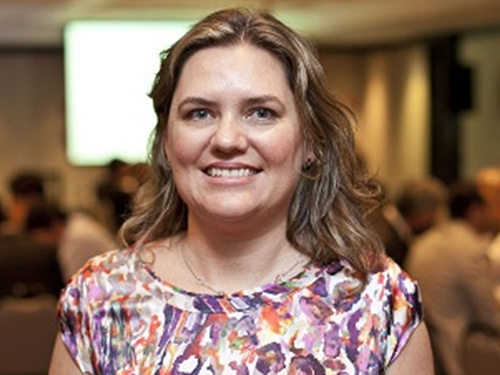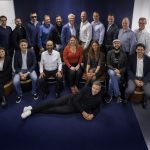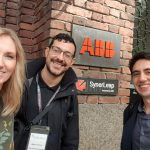
Interview published on the blog of the Sweden’s Offices of Science and Innovation.
Available on:https://sweden-science-
Discuss about your work experience and where you are currently working.
Alessandra: I am graduated from the Federal University of São Carlos as a material engineer and polymer specialist (1993). I have postgraduate degrees on Marketing (1999) and Technological Innovation (2006) from Superior School of Advertising and Marketing (ESPM), and Market Intelligence from Foundation Institute of Administration-USP (2009).
I worked for 7 years with technical and business development in large petrochemical companies (national and multinational), acting directly with clients in the automotive, home appliance, civil construction, oil & gas and other sectors. This has resulted in an extensive international experience during my career in the industry, due to the impact of the business globalization.
Currently I am Managing Director (MD) at CISB (Swedish-Brazilian Research and Innovation Centre), starting at the institution in 2011 as Manager of projects Portfolio and Partnerships.
What were the main challenges for you to be at this position being a woman?
Alessandra: One of the biggest challenges of my career was when, at age 35, I decided to enter the area of innovation. At the time, this area was still at an early stage in companies due to the recent Law of Innovation (2004). As I did not have the opportunity in petrochemical companies, I decided to focus my efforts on organizations in the 3rd sector, being successful when CISB was created in May 2011. So, as a woman, the main challenge has always been to get opportunities, because although I have invested in my training, opportunities are still very limited.
How do you realise the changes and increase of the women participation in the areas of science and innovation in Brazil?
Alessandra: In general, we have found a new environment for women in Brazil, where women’s empowerment and lack of opportunities are discussed, and several discussion groups have been created to strengthen women’s positions.
In the area of science and innovation in particular, the number of key positions occupied by women has increased, especially in large companies. However, she thinks that women in Brazil still are far from achieving equal possibilities, even though they have already reached most enrollments in postgraduate courses in Brazil, according to data from the Coordination for the Improvement of Higher Education Personnel (Capes) in 2015.
Recently the National Association of Research and Development of Innovative Companies (ANPEI) organized the 1st Forum of Innovative Women, where several women explained and gave good examples on how they had succeeded in their sectors with entrepreneurship and innovations. Initiatives such as this Forum should be stimulated to deconstruct barriers and create incentives for women’s careers in Science and Innovation in Brazil.
What is CISB and how Sweden and Brazil are working together?
Alessandra: CISB is a private, non-profit association established in May 2011. Currently has 17 members from industry, research institutes and academia in from Sweden and Brazil.
Inspired by the Swedish Triple Helix Model, CISB acts as a facilitator for the cooperation and as a catalysator for different initiatives. Its objective is to provide solutions to complex global and social problems that can only be solved by multi-institutional networks with players from industry, academy (education and research) and government in open innovation arenas.
CISB consider women’s participation as very important in the organization, whether it is in its staff, internal committees or selection of keynote speakers, in their effort to integrate their workshops and/or projects in Brazil or Sweden.




